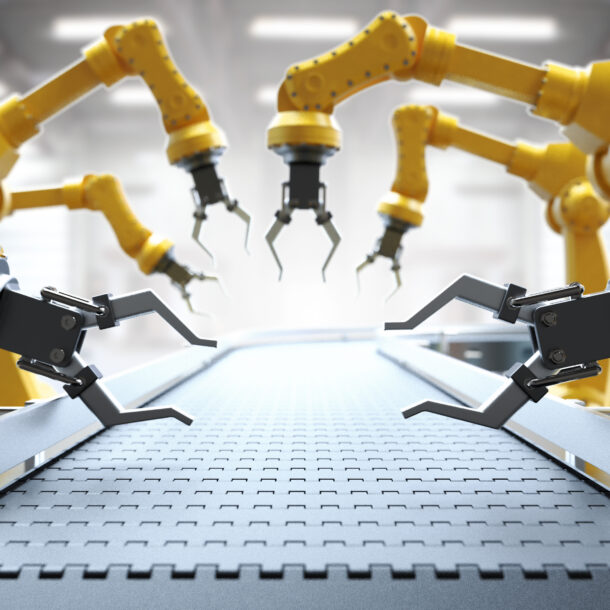 Computer engineer Eric Holloway tells us the story of a king who was offered just such a machine:
Computer engineer Eric Holloway tells us the story of a king who was offered just such a machine:
Once upon a time, there was a king who loved feats of engineering. He had everything he could want: his own supercomputer, an invention cave with an assortment of ingenious robots and vehicles, and a mechanized, sensorized castle that could reconfigure itself at his slightest whim. For protection, he had a gigantic laser beam to fend off invading hordes, from his own planet or from outer space. However, the king was not satisfied. There never seemed to be enough new-fangled devices for him to try.
One day the inventor Schmedrik came to visit the king. “I have what you need,” said Schmedrik, “The only thing that can satisfy your need for new inventions is a perpetual invention machine. And I have just such a machine for you, the Innovator, for the low, low price of one quintillion bitcoin.
“Well yes, that may seem at first like a large sum. But considering that all the inventions will be worth something and that this machine creates an infinite number of them, any finite fee I charge you is a bargain.”
The king was pleased with Schmedrik’s proposal. But just as he was about to hand over the requested amount, his wise advisor Previsio pulled him aside and whispered, “Dear king, before we pay Schmedrik his fee, do you not think it prudent to first determine if the Innovator works?” Eric Holloway, “Could one single machine invent everything?” at Mind Matters Today
Ah yes, does it work? Can it work?
See also: Why evolution can never get any smarter (Basener’s Ceiling)
Fisher’s proof of Darwinism flipped: William Basener replies to Erasmus Wiffball
and
Who creates information in a market? Johnny Bartlett: Do exchange-traded funds (ETF) make personally gathering information obsolete? Algorithmic strategies can only be as good as their informational inputs. Ignoring the informational inputs to algorithmic strategies causes us to misunderstand the dynamics of value creation in any system. Algorithms can leverage information, they can’t create it.